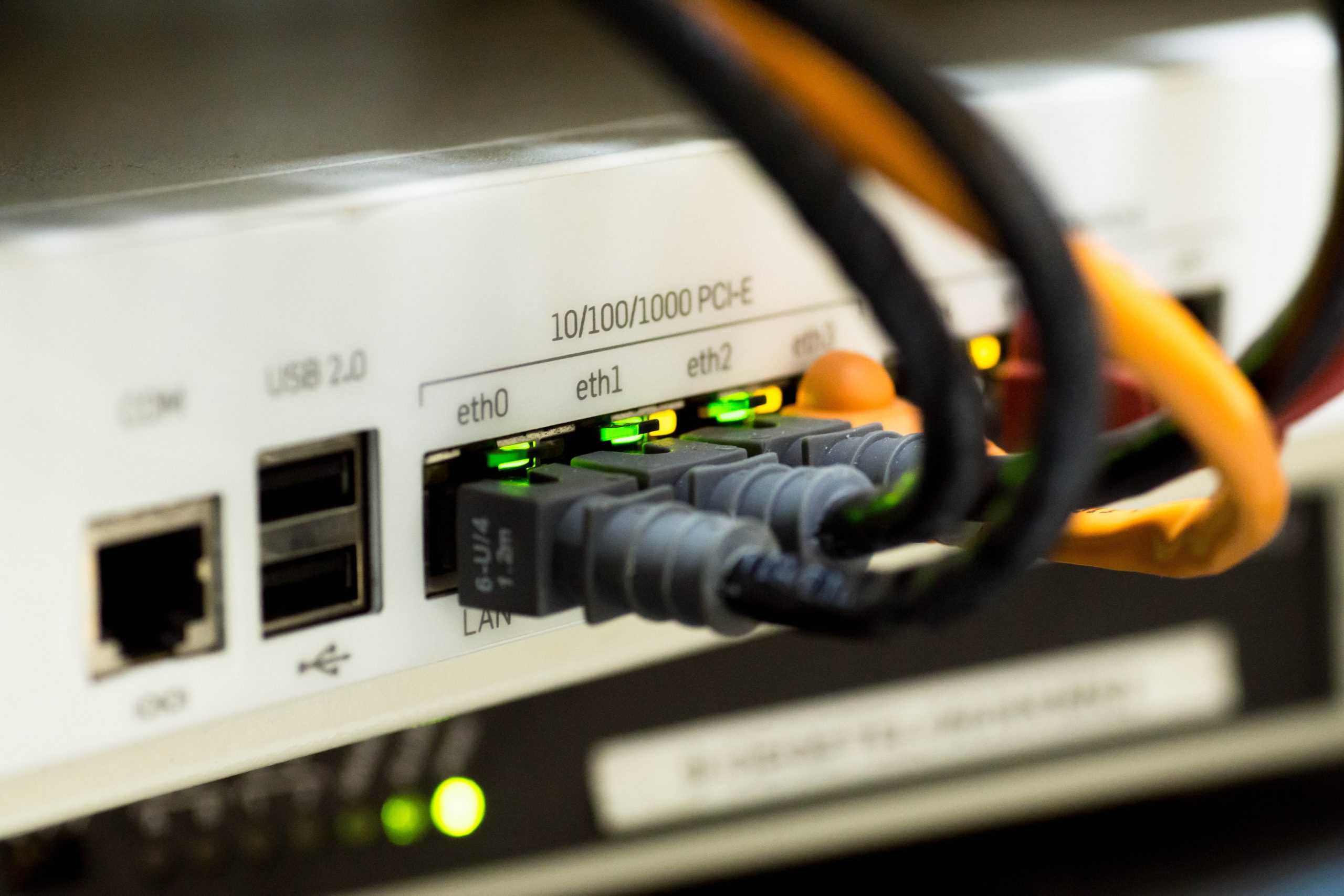
26 Sep Tips to improve your internet speed
In December of 2020, the Pew Research Center conducted a study that reported over 71% of Americans are working at home due to the pandemic. Of those people, 54% reported they would like to continue working from home after the pandemic is over. Working from home comes with a new sense of freedom, but it does not come without a few headaches. One of those headaches being a problem that has been steadily growing since the beginning of the world wide web: internet speed.
Very few people have not fallen victim to laggy Google Chrome tabs or the impossible spinning wheel when you wait for pages to load. If you are one of them, this probably came at the absolute worst time. Maybe you’re trying to meet an important deadline or trying to be first in the e-line to purchase the newest Nike shoe. You might even be trying to open a zoom meeting to interview for your dream job. A slow loading browser page probably leads you to frantically googling “how do I make my internet faster”.
When posed with the same question, our team, well, we Googled it. We found lots of articles with quite a few different ways to improve our own internet speeds. There were SO many different options, though. So we did what we should have done the first time and reached out to our resident tech Wizard and CEH, Jeremy Maurer. He gave us the best ways we can improve our internet speed. We figured many other people would find this information incredibly beneficial. Here are 6 of the best ways to improve your own internet speed:
Wifi vs. wired
The first factor that you should evaluate is whether you’re on wifi or if your device is hard-wired into the internet. If you’re on wifi, this could be the root of your problems. While convenient, wifi is ultimately slower than being plugged into the internet through ethernet cables.
It may not be possible for you to plug your work computer into an ethernet cable- it may make your workstation inconvenient. If connecting your computer/device directly into the ethernet port, consider connecting these other devices to ethernet which will help speed up your wifi:
- TV
- Gaming stations
- Other computers
How many devices are on the internet network
Having too many devices on an internet network that isn’t strong enough to support them all causes your internet to run slowly While you probably need all of these devices at different times, you should on the one that is actively using the internet. This will free up your bandwidth to improve internet speed for the device you are actively using.
What kind of router you’re using
Oftentimes, the network provided router is, well, not great. A simple upgrade can do wonders for your connectivity. Honestly, the topic of which router to use could be a whole blog post in and of itself (stay tuned). For the sake of this one, take a look at the router you have. If it’s the network router, consider upgrading to a nicer faster version. If it’s the router your parents gave you for your college dorm room that’s been chugging along like the little engine that could all these years, also consider an upgrade.
Who you’re using for DNS
DNS stands for domain name system, and it is essentially a roadmap for all the different internet paths. It’s often referred to as “the phone book of the internet”, connecting various IP addresses and converting them to domain names that are easier for users to identify. If you are using the system standard DNS, it could cause your computer to lag in speed. Stay tuned for another blog on how to change your DNS to a faster server.
How many tabs or browser windows do you have open?
The number of tabs or internet browser windows that you have open can slow down your computer. These tabs may not all necessarily be actively working (though some running complicated scripts in the background will continue to run) and refreshing, but their memory is stored as virtual memory that has to be brought back into the RAM every time you revisit the page, and those jumps are what can slow your internet down. Try to lessen your open tabs, or condense them into one browser window.
Age of your computer
Lastly, consider the age of your computer. This may be kind of a “duh” point to make, but still worth addressing. Slower computers are going to process things slower, and may not be up-to-date enough to process things as quickly as it needs to. If you go through all the options listed and still suffer from head-desk-banging slowness, it might be time for you to upgrade your system,
Ultimately, there is not a one-fix solution to improving your internet speed- a lot of factors go into a computer’s performance. But evaluating these factors and improving the ones you can improve will likely have a big impact on improving your speed.

